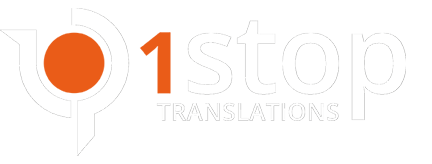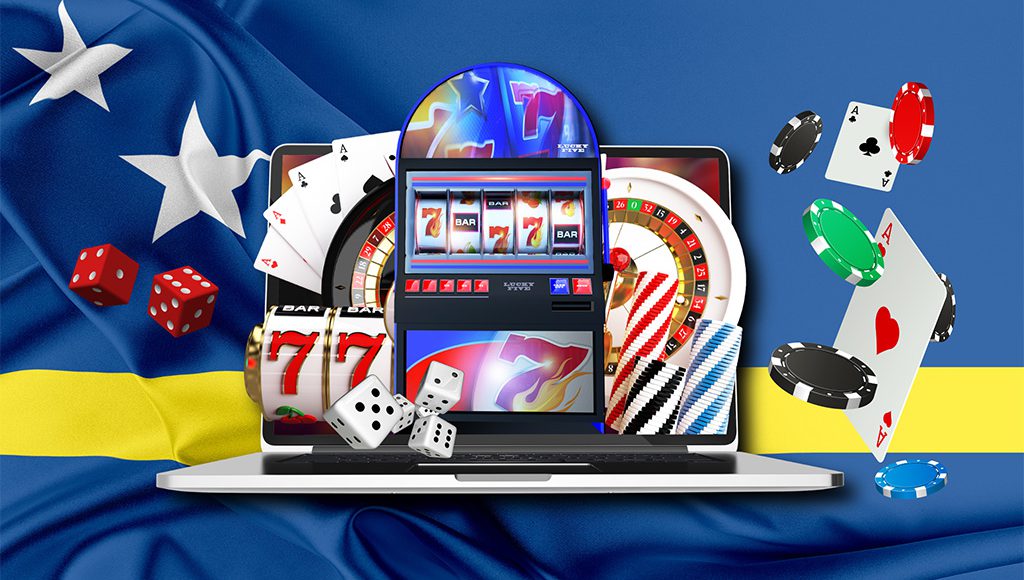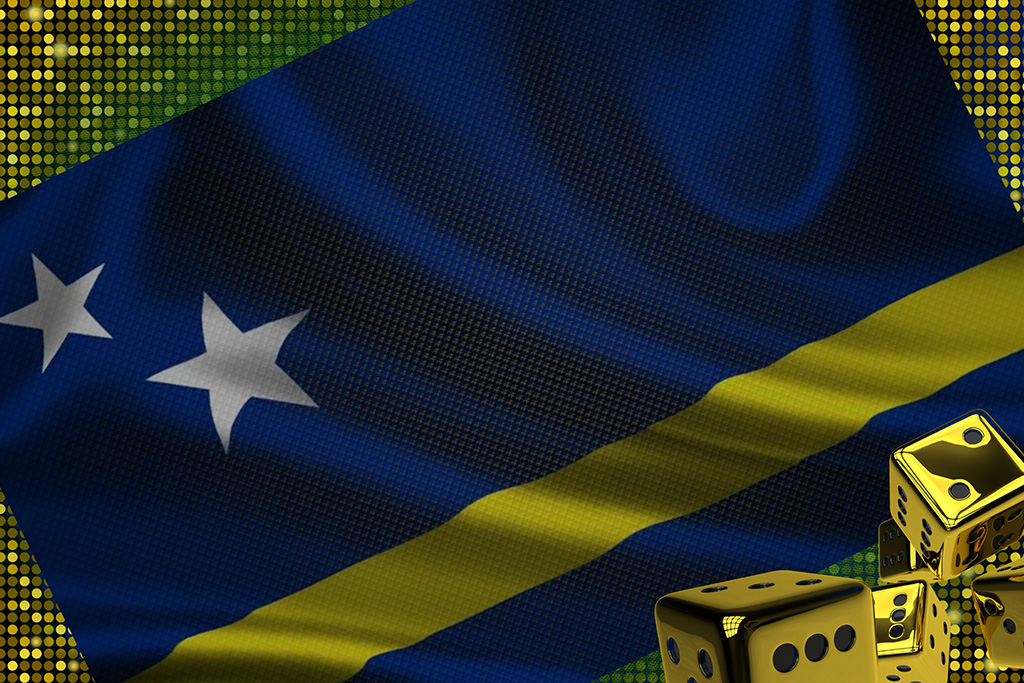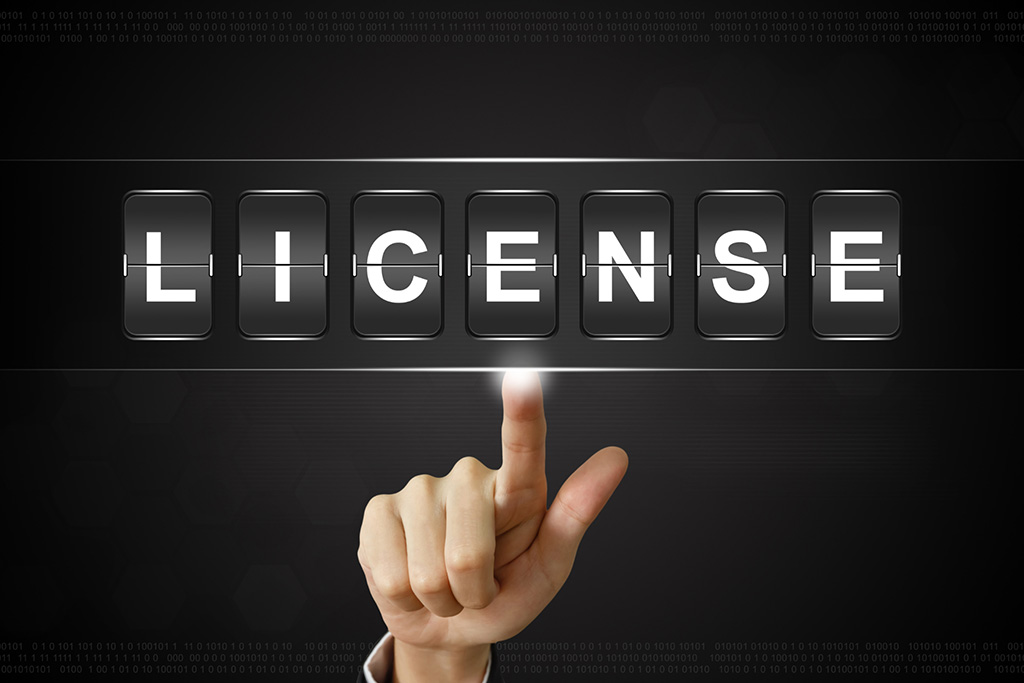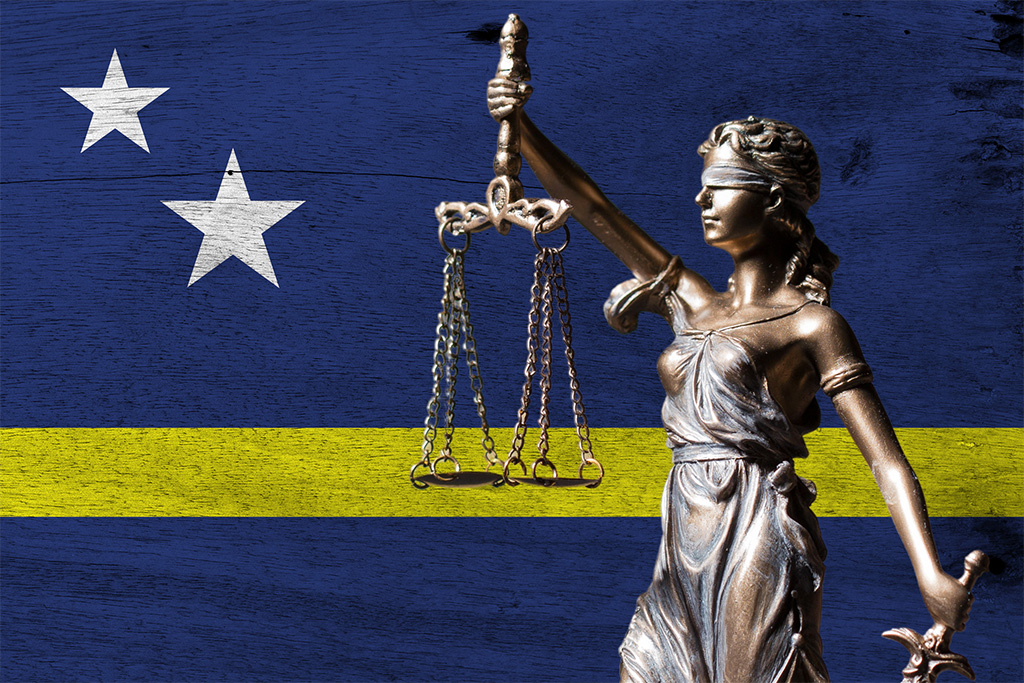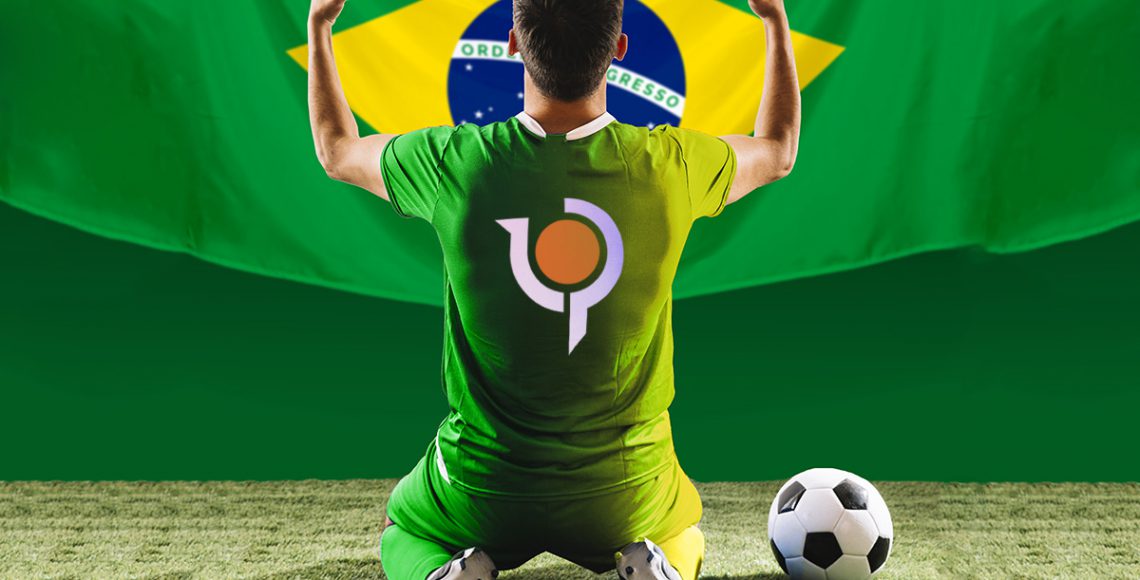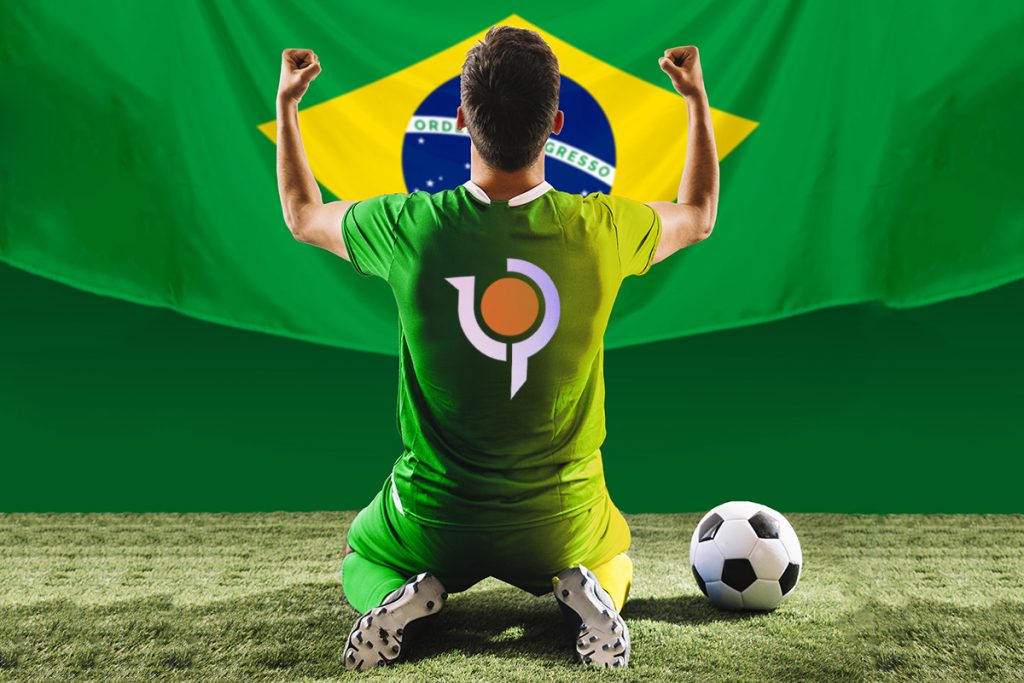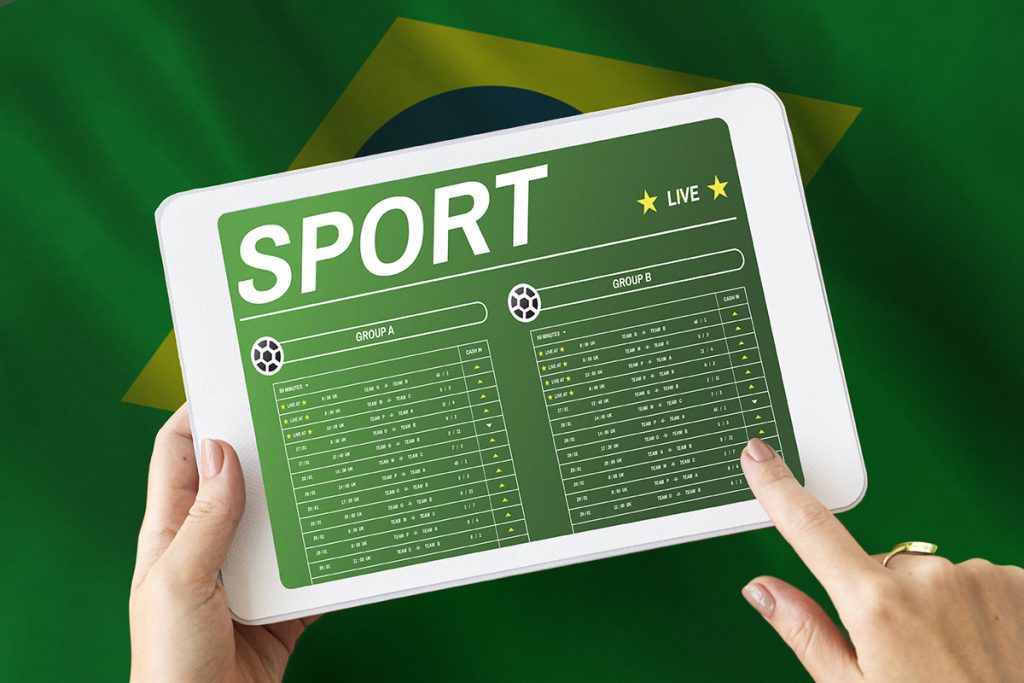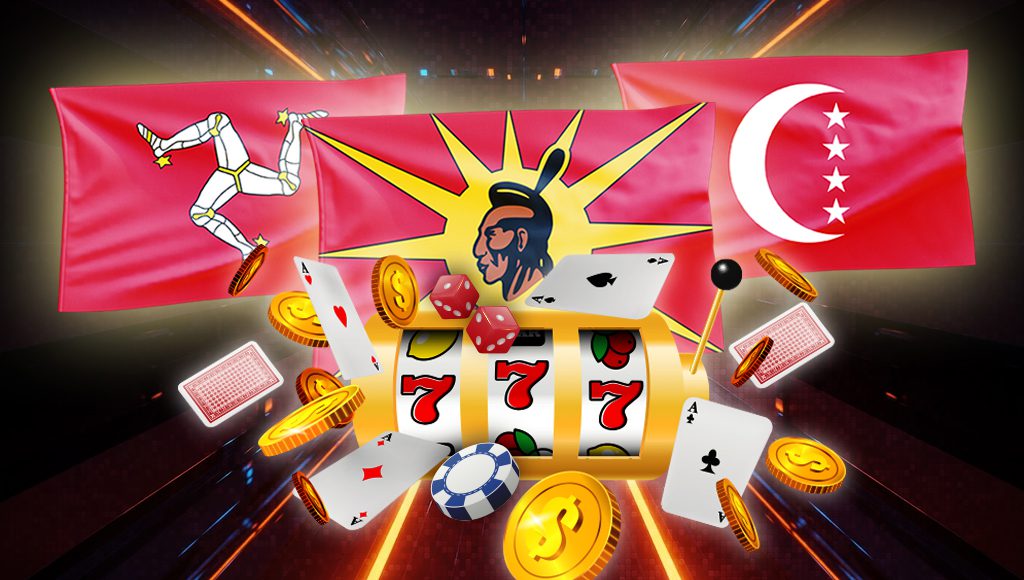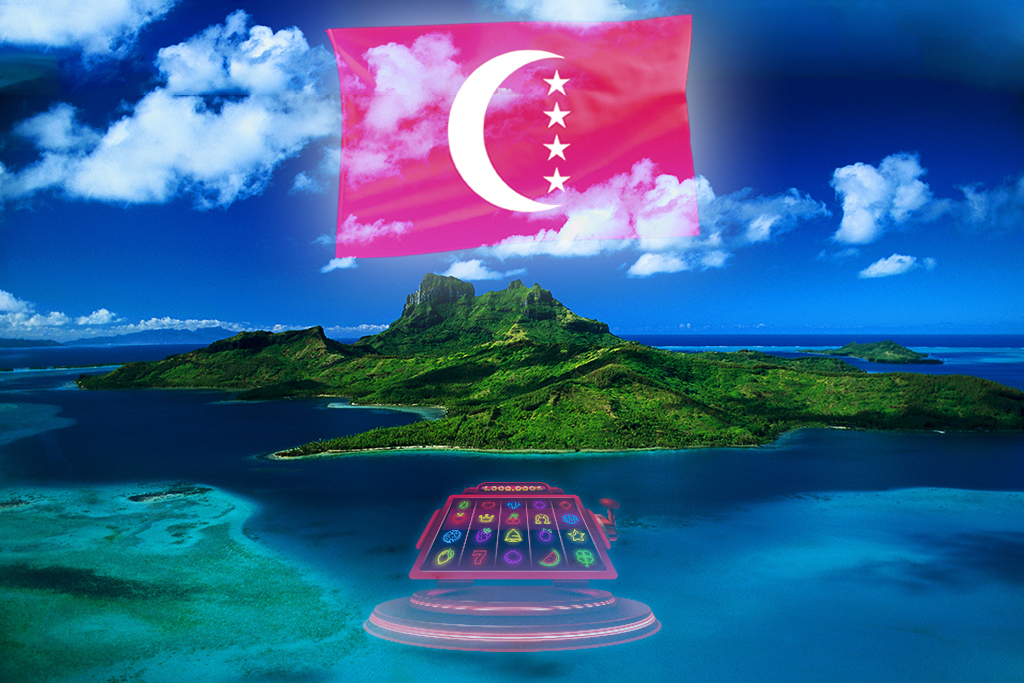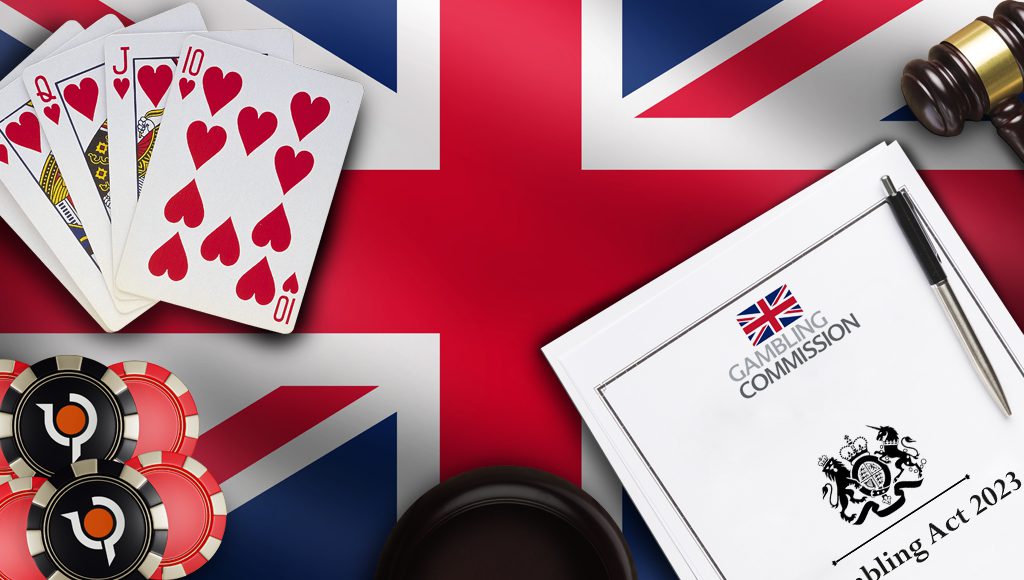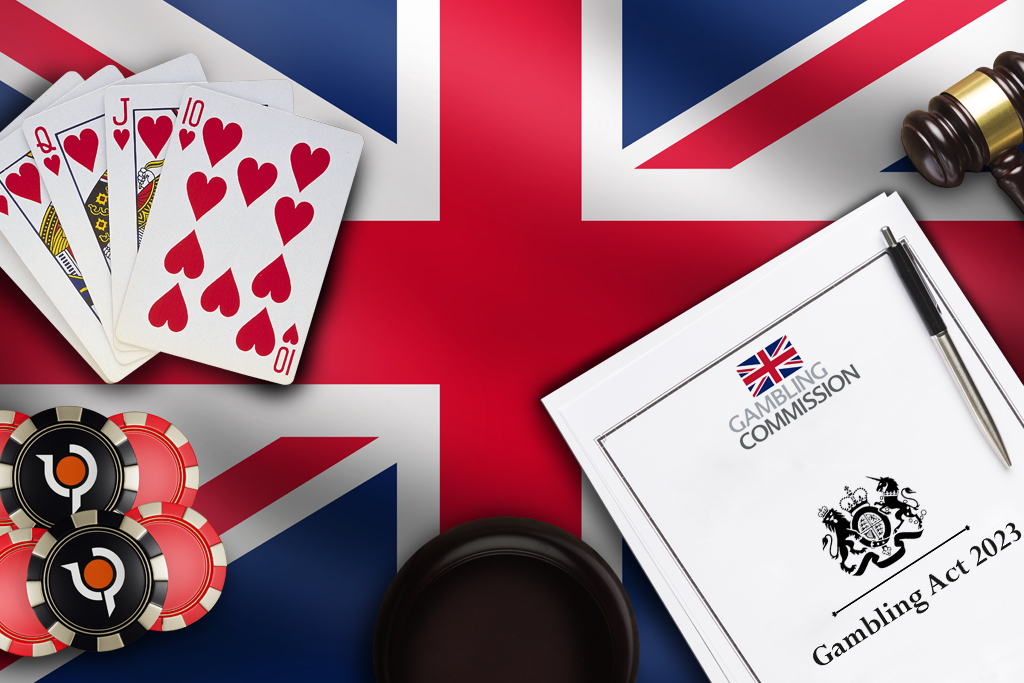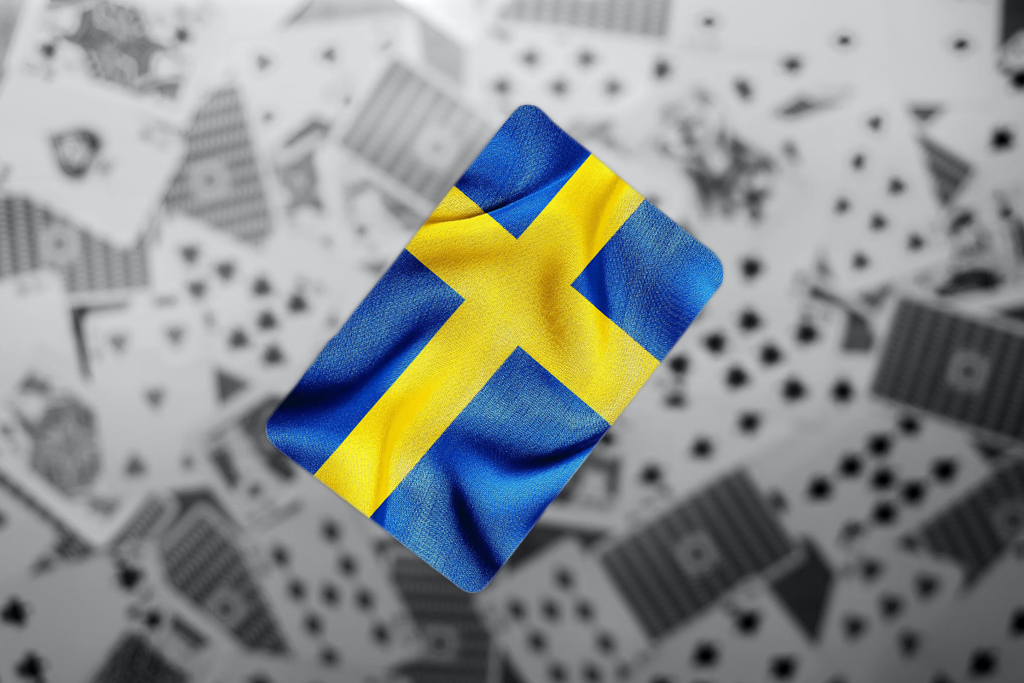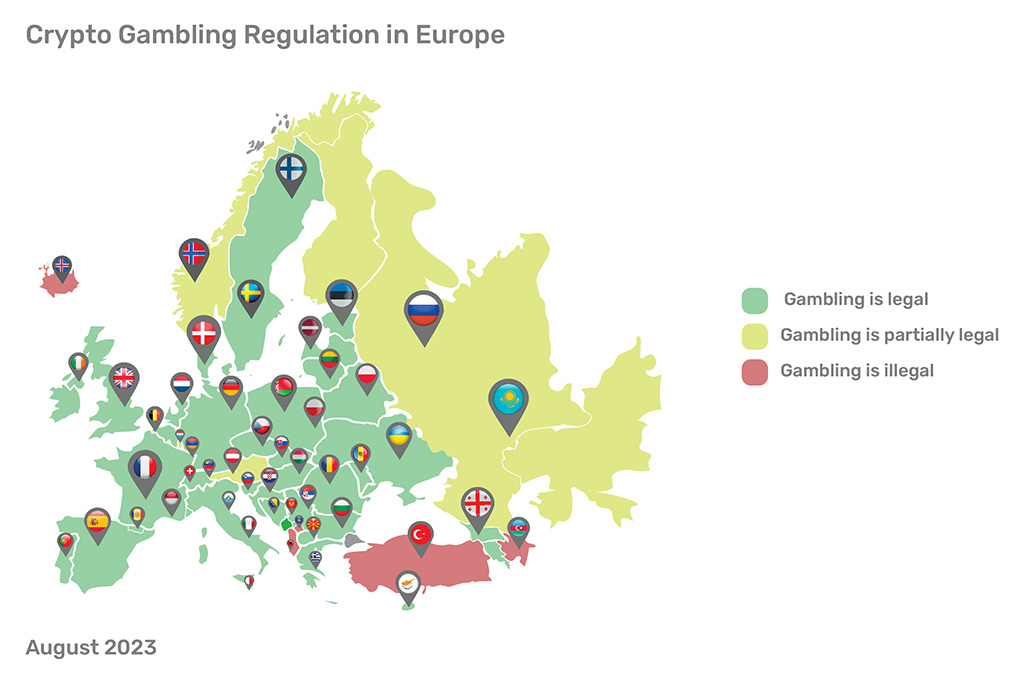Estonia marks a turning point in iGaming regulations
Estonia is a prime example of a European country that has embraced the iGaming sector with open arms. Since 2010, the country has implemented a comprehensive and progressive regulatory framework that allows both domestic and foreign operators to offer online gaming and sports betting services to Estonian customers. The iGaming regulations in Estonia are designed to ensure fair competition, consumer protection, and responsible gaming, while also generating revenue for the state.
4 minutes – read
Coupled with some of the lowest tax rates in Europe and a state-of-the-art digital infrastructure, Estonia appeals to new entrants in a way that no other country does, as long as they’re willing to invest in innovation. With plenty of opportunities for growth, the potential you can achieve in Estonia is seemingly limitless.

A look at the Estonian iGaming industry
The iGaming industry in Estonia has been growing steadily over the years, thanks to the increasing demand and supply of online gaming and sports betting products. According to Statista, revenue from online gambling reached USD 190.62 million in 2023, up from USD 134.40 million in 2020. This growth was dominated by online lotteries, followed closely by the use of online casinos.
This comes down to several factors. For one, a prominent development in Estonia’s online betting sector is the move towards mobile platforms. The widespread use of smartphones and tablets has led to an increasing number of users engaging in gambling activities via mobile applications or websites tailored for mobile use.

This shift is likely to gain momentum as mobile technology evolves and devices become more sophisticated and convenient. Additionally, live dealer games are gaining traction, offering players a more engaging and authentic gaming experience by allowing real-time interaction with actual dealers and fellow participants. The advancements in live-streaming technology have notably augmented the quality of these gaming experiences.
Additionally, with Estonia’s substantial internet coverage, a significant portion of its residents can access online services. This accessibility has opened up a broad potential market for digital gambling services, enabling increased participation in online betting activities.
iGaming regulations and tax benefits with great digital infrastructure
An even more important reason for the success of the iGaming industry in Estonia is the favourable legislative environment of the country. The iGaming regulations in Estonia are based on two main acts: the Gambling Act and the Gambling Tax Act.
The Gambling Act defines the types of gambling activities, the licensing requirements, the supervision and control mechanisms, and the sanctions for violations. The Gambling Tax Act sets the tax rates and the distribution of the tax revenue.
iGaming operators in Estonia are subject to a 5 per cent tax on their net income, which is one of the lowest rates in Europe. The tax revenue is allocated to various social and cultural causes, such as sports, education, health, and youth programmes.
Despite the planned increase of 1 per cent in 2024, iGaming business operators in Estonia still enjoy a competitive advantage over other European countries, where the tax rates can be as high as 25 per cent or more. Moreover, Estonia offers other benefits for the iGaming industry, such as its economic and political stability, its excellent digital infrastructure, and its robust systems for promoting responsible gaming.
Estonia is one of the most advanced digital societies in the world, with high-speed internet access, e-government services, and e-residency programmes. Estonia is also a member of the European Union and the Eurozone, which provides legal certainty and access to a large market. Furthermore, Estonia has adopted various measures to prevent and combat problem gambling, such as self-exclusion lists, age verification, player protection tools, and awareness campaigns.
How to take advantage of the growing Estonian iGaming business
Given the promising landscape of the iGaming industry in Estonia, it is no wonder that many businesses are looking to expand into this market. However, to succeed in this competitive and regulated environment, effective communication support is essential. This is where 1Stop Translations can help you.

1Stop Translations is a leading provider of SEO iGaming translations, professional translations, and iGaming marketing strategy in the field of sports betting sites, iGaming and online casinos. We have a team of native speakers, experts, and linguists who can help you create and localise your content for the Estonian market. We can also help you optimise your website, app, or platform for the best user experience and conversion rates.
Whether you need iGaming translations, copywriting, content marketing, SEO, or simply need to improve your iGaming marketing strategy with professional translations, we have the solution for you. Contact us today and let us help you take your iGaming business to the next level in Estonia.
Need a quote? Click here
